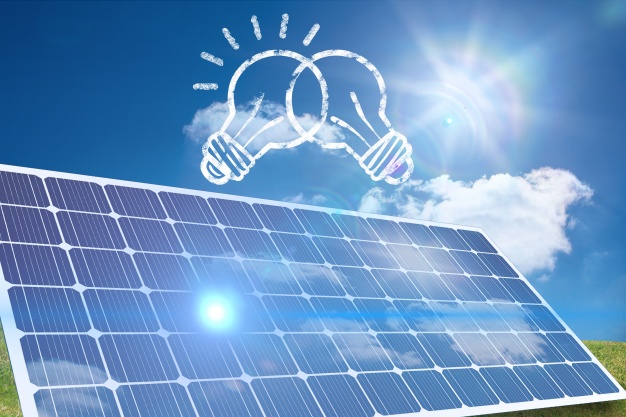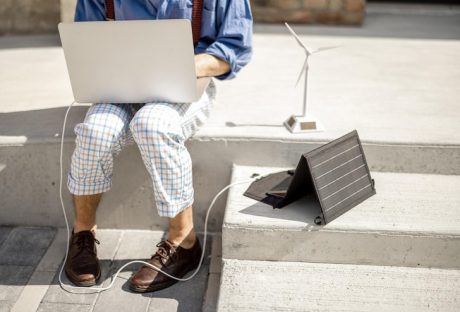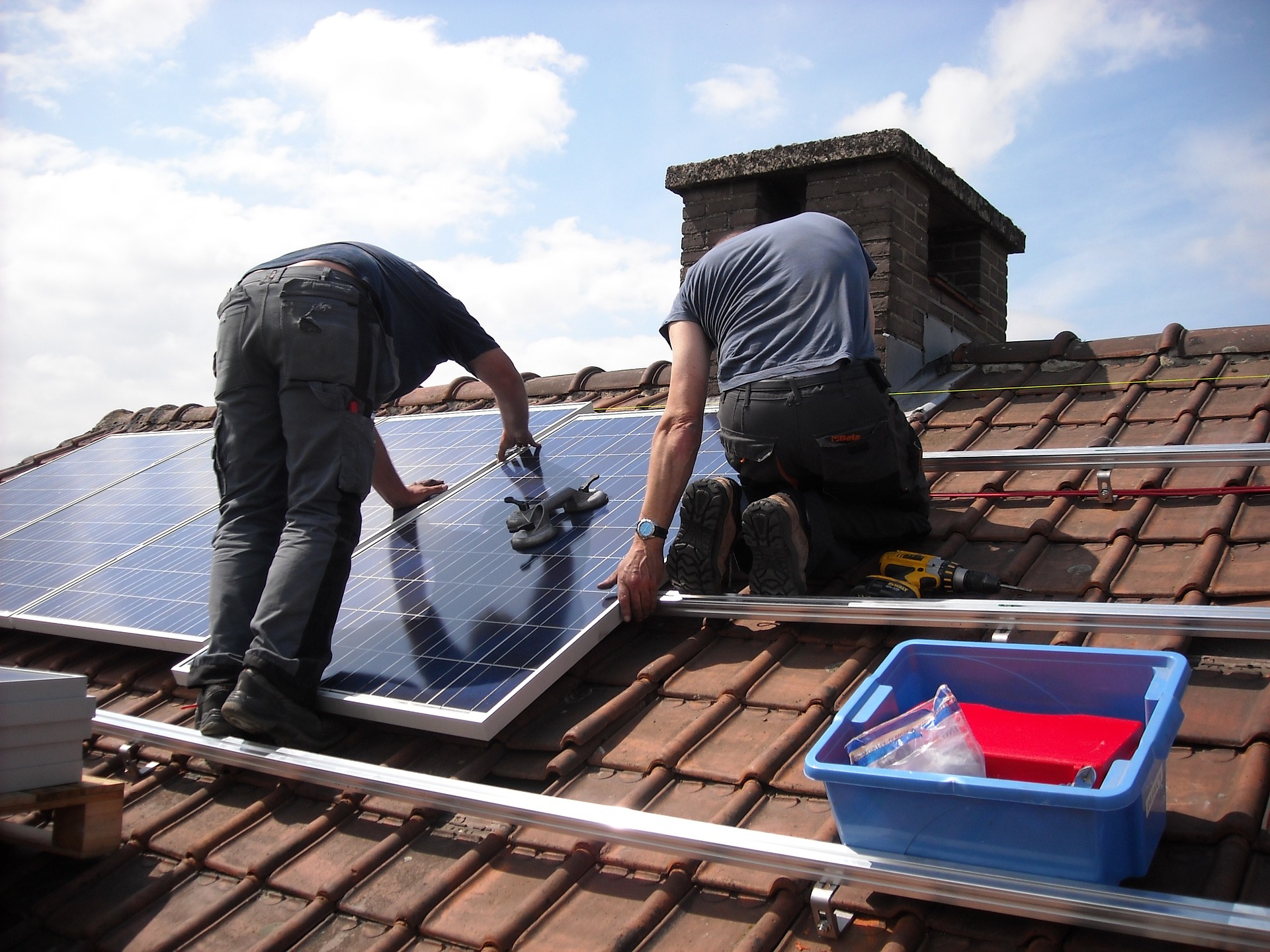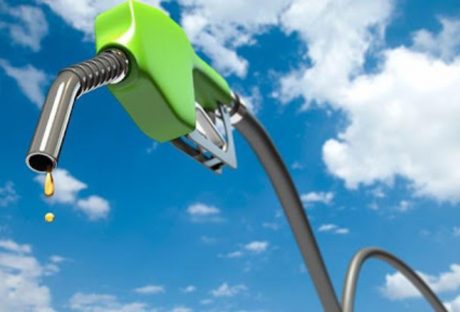One fact of industrial production is that without power, nothing gets done. Machinery doesn’t move, computers don’t work and orders aren’t processed and workers are idle. So it is obvious that a reliable, constant source of power is available to industry at all times. When it comes to deciding how that gets done, each company needs to start by asking what are their specific power requirements and how permanent it needs to be and what are the solutions available to meet those needs, usually by employing a specialized power company, such as APR Energy Power Solutions.
While many permanent industrial facilities in America can count on public power grid infrastructure available in populated areas, more remote areas need to look at self-generating solutions to provide them with the energy they need to operate. So, assuming public power isn’t available, the first question that needs to be asked is how permanent is the operation going to be.
Contents
An industrial facility electric requirement can be categorized as:
1. Temporary (or interim) and emergency power
Shorter-term projects can be done remotely and require a mobile solution to be in place to get the job done. Except for the emergency power situation (which would occur immediately to handle the power needs for the duration of the incident), interim power usually takes from 30 to 90 days to design and setup. This solution can be in place and used for a couple of months to many years into the future.
This could include providing emergency power, temporary bridging power when a power plant is being repaired or a new one is being constructed, distributed electrical generation, etc. It can also operate at many different levels of generating support. Whether it only provides power during peak demand, as just standby power source, or being solely for the base-load prime supplier of power for the facility, suppliers of these systems can give that added flexibility to the total needs of their customers.
Depending on the size of the operation, the equipment supplier can employ:
- Diesel, natural gas, or turbine generators and fuel tanks if required.
- UPS (Uninterrupted Power Supply) Systems. With UPS Batteries and Battery Cabinets
- Power Distribution Units
- Cooling units
- Automatic Transfer Switches
- Load Banks
2. Long-term power
![]()
Generally, when permanent power plant facilities are being built, a longer-term temporary generating solution needs to be employed. This usually takes many years for a plant to be built, so the long term temporary design has to do the job that the permanent plant will do.
This longer-term solution requires more specific planning to meet the demands of a larger operating facility. However, more permanence means that lower-cost sources of fuel can be added into the program such as natural gas, liquid natural gas, Liquefied petroleum gas (LPG), ethanol, kerosene, and naphtha. this is usually accomplished by using a turbine generator. These not only offer fuel flexibility but can run more efficiently and with a smaller carbon footprint.
Usually, these facilities are supplied by the power company vendor and the equipment ownership is retained by that company. This means that the generating system can remain for many years, but will remain a straight business expense and not a capital investment to the company, simplifying the accounting process considerably.
3. Permanent Industrial power
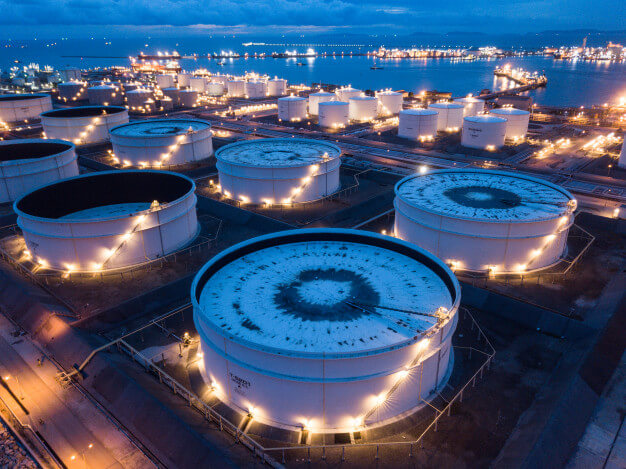
Permanent generating installations are required by many industries when they aren’t planned to remove the equipment. Industries such as utilities, heavy industry, EPC companies, mining, oil and gas operations, and military organizations require ongoing power generation.
As with the long-term solution, this more permanent industrial placement can take advantage of the latest and most efficient power equipment and control room technologies. The use of direct fuel pipelines to power the generators can be built for permanent reliability as well. But still, have the flexibility of using alternative fuels if necessary.
So industrial organizations have many questions to answer before deciding how they will be supplied with ongoing power to run their business. Working with the power companies that are experts in this area is the best place to start. Careful planning and research at this point are critical for its future operational success.
Read Also:














